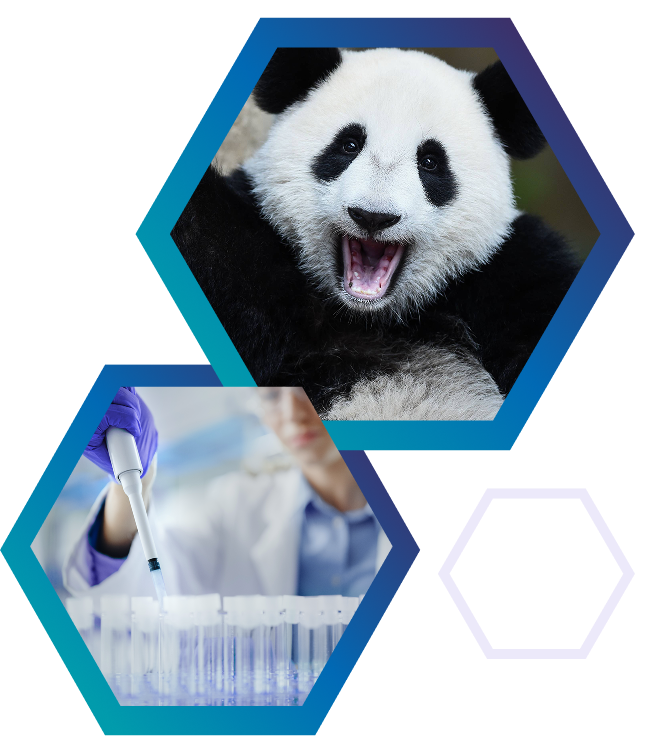Unlocking Future Diabetes Treatments: The Role of GPR119
As we observe Diabetes Awareness Month this November, it’s essential to acknowledge the global impact of diabetes, a condition affecting over 537 million adults, according to the International Diabetes Federation. This month offers us the opportunity to highlight and appreciate the relentless efforts of researchers who continuously work towards improving the lives of those affected.
Why Diabetes Medication is Crucial
Managing diabetes is paramount to prevent serious complications like heart problems, nerve damage, and kidney disorders. Successful management often hinges on controlling glucose levels – something that can be achieved through insulin and oral medications.
The quest for more effective and user-friendly treatments is ongoing. Currently, available oral medications, while helpful, aren’t always as effective as insulin and can come with unwanted side effects. This predicament sets the stage for scientists to explore new possibilities in oral diabetes medications.
Spotlight on GPR119: A Hopeful Avenue for New Treatments
One promising route is through the activation of G-protein-coupled receptors (GPR). These receptors are found in cells of the pancreas and gut. They help regulate insulin and hormone release, key players in maintaining stable blood sugar levels.
A study by Pola et al. published in Bioorganic & Medicinal Chemistry specifically looked at GPR119, a key receptor that stimulates an increase in cyclic adenosine monophosphate (cAMP) when activated. By increasing cAMP, GPR119 initiates a cascade that increases glucose-dependent insulin secretion and increases hormone release. Both of these functions assist in maintaining glucose homeostasis, making GPR119 a prime drug target for patients with Type II diabetes.
The group vetted several promising GPR119 agonist compounds using Arbor Assays’ DetectX® Cyclic AMP Direct ELISA Kit (K019-H) as part of their pharmacokinetic studies. Using the kit, they could easily and quantitatively measure cAMP levels in response to dosing and glucose tolerance testing. The study resulted in a successful compound that increased activation potency and efficacy in cell-based and animal models without any significant signs of toxicity. Now a candidate for clinical development, the drug compound will be further studied and potentially put through clinical trials.
Arbor Assays Kits Aid Diabetes Drug Development
By leveraging commercial direct ELISA kits, like the cAMP kit by Arbor Assays, researchers are making great strides in identifying new and promising treatments. Studies like these continue to pave the way for breakthrough clinical developments in managing diabetes. Using novel pharmacological strategies, doctors may soon be able to offer a brighter outlook for people living with diabetes worldwide.
Featured Products
-
In Stock
Cyclic AMP Direct ELISA Kit
$446.00 – $1,783.00The DetectX® Cyclic AMP (cAMP) Direct ELISA Kits quantitatively measure cAMP present in a variety of samples.




